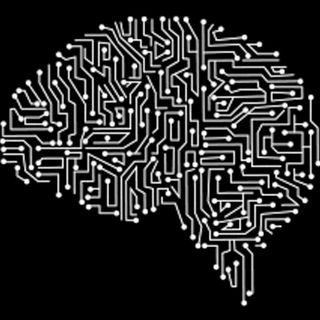Every child learns at a different rate, and requires learning styles that correspond to their particular needs. But the current classification of learning disabilities may be too broad, and therefore parents and schools are not equipped to effectively support children who are struggling.
A new study using machine learning — a type of artificial intelligence (AI) — to more accurately identify learning disabilities, might change this entirely. The algorithm found that previous medical diagnosis did not match the specific learning difficulties each child struggled with.
While most studies on children’s learning abilities focus on children who have already been given a diagnosis, such as ADHD, dyslexia, or autism spectrum disorder, the diagnostic label isn’t enough to be able to help children cope with their problems. As the researchers of this study point out, one child’s ADHD is not the same as another child’s ADHD, and therefore cannot be treated the same way. Instead, the Medical Research Council (MRC) Cognition and Brain Sciences Unit at the University of Cambridge says that their study reinforces the need for children to receive detailed analysis of their individual cognitive skills, to avoid broad, sweeping solutions that come with particular diagnostic labels.
The study looked at 550 children who were struggling at school. But unlike other research, the children were not separated based on their diagnosis, but studied as a holistic group with the assumption that diagnosis could change or even overlap. Using AI, the algorithm measured each child’s cognitive skills such as vocabulary, listening, spatial reasoning, problem-solving, and memory. Based on this data, the children were grouped into four categories: children with broad cognitive difficulties, children struggling with processing sounds in words, children with difficulties with working memory (short-term retention of information), and children with typical cognitive results for their age.
While the findings corresponded with reports given by the schools and parents, the diagnoses didn’t necessarily match. Two groups — difficulty with memory skills, linked to math; and difficulty with processing sounds of words, linked to reading; shared a common link. So children who struggled with math also struggled with reading comprehension, a link that past research had not discovered.
In addition, senior author Joni Holmes, PhD, stated, “Our work suggests that children who are finding the same subjects difficult could be struggling for very different reasons, which has important implications for selecting appropriate interventions.”
The study proves that broad category diagnosis for children with disabilities may not be the best way to help them, as the underlying causes might be different for each child. But it also represents an exciting new avenue for scientists and researchers, in using machine learning to better understand how the brain functions. The future of AI and medicine looks hopeful, even as it proves previous research wrong.




